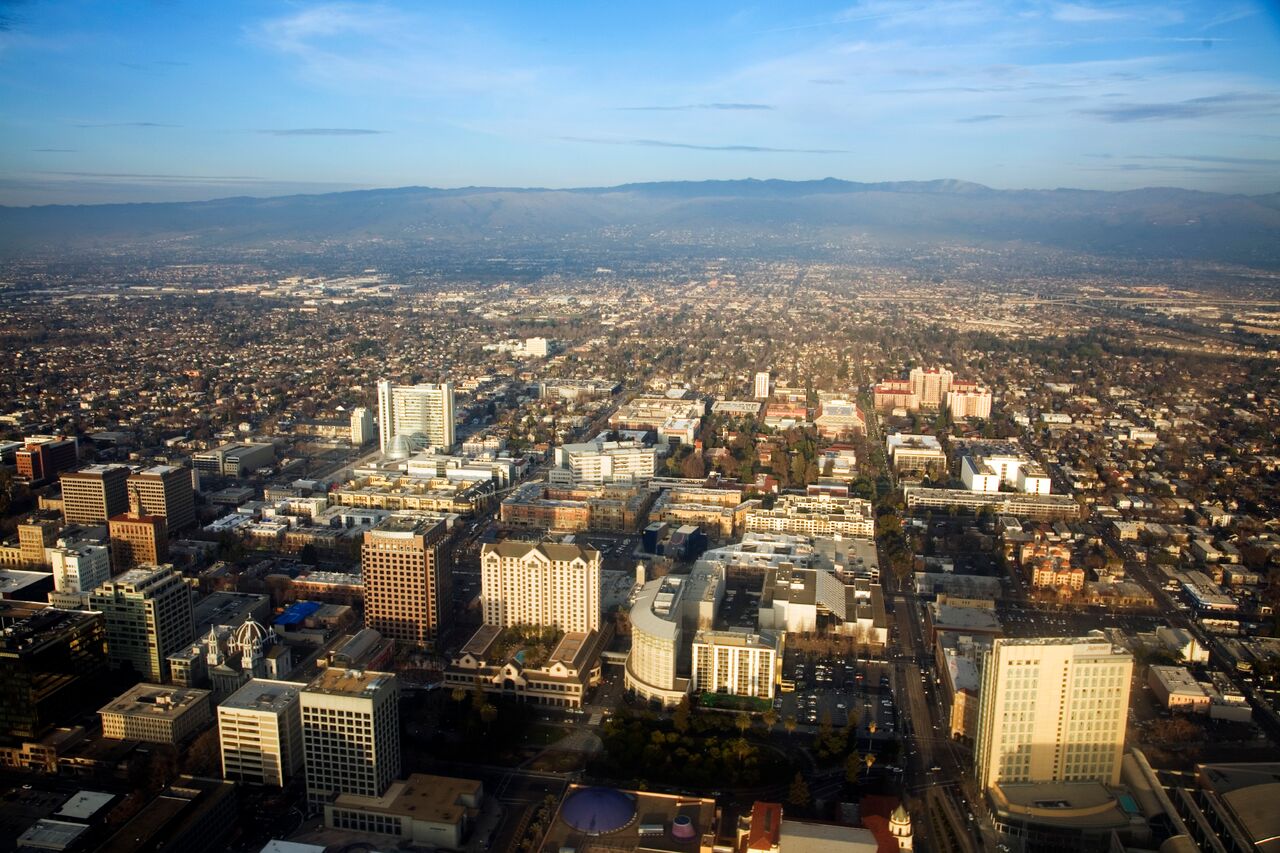
In 2011, state legislators announced their objective to reduce, recycle or compost 75 percent of items that would otherwise be trash by the year 2020. While California has fallen short of this goal, a new law specifically targeting organic waste produced by commercial entities may be instrumental in achieving this reduction. The new recycling law applies to various commercial businesses, including landscape contractors, restaurants, supermarkets and food processors.
According to the new law, AB 1826, businesses must separate their food scraps and yard debris. In addition, commercial businesses must implement recycling for organic products in the manner prescribed by the legislation. California businesses that produce eight or more cubic yards of organic waste per week are required to recycle or compost that waste as of April, 2016. In 2017, businesses generating four or more yards of organic waste per week will be subject to this legislation. In addition, as of 2019, entities that produce four or more cubic yards of solid waste per week must comply with source separation and recycling requirements. In 2020, the Department of Resources Recycling and Recovery can determine whether to decrease that number to two cubic yards per week. Multifamily complexes must comply with these procedures as well.
All jurisdictions will implement organic recycling options for businesses and multifamily complexes. The jurisdictions are responsible for educating businesses about recycling programs and monitoring compliance with the legislation.
AB 1826 supplements the commercial recycling law passed in 2011 in California. Both the former and current legislation specifically addresses the recycling of organic waste, which comprises approximately one third of the waste in state landfills. Organic materials that are placed in the trash can easily be recycled and are an efficient source of compost, mulch and renewable energy.
To understand the new commercial recycling laws and California’s other environmental regulations, contact Shane Coons at 949-333-0900 or visit his website at www.ShaneCoonsLaw.com.
